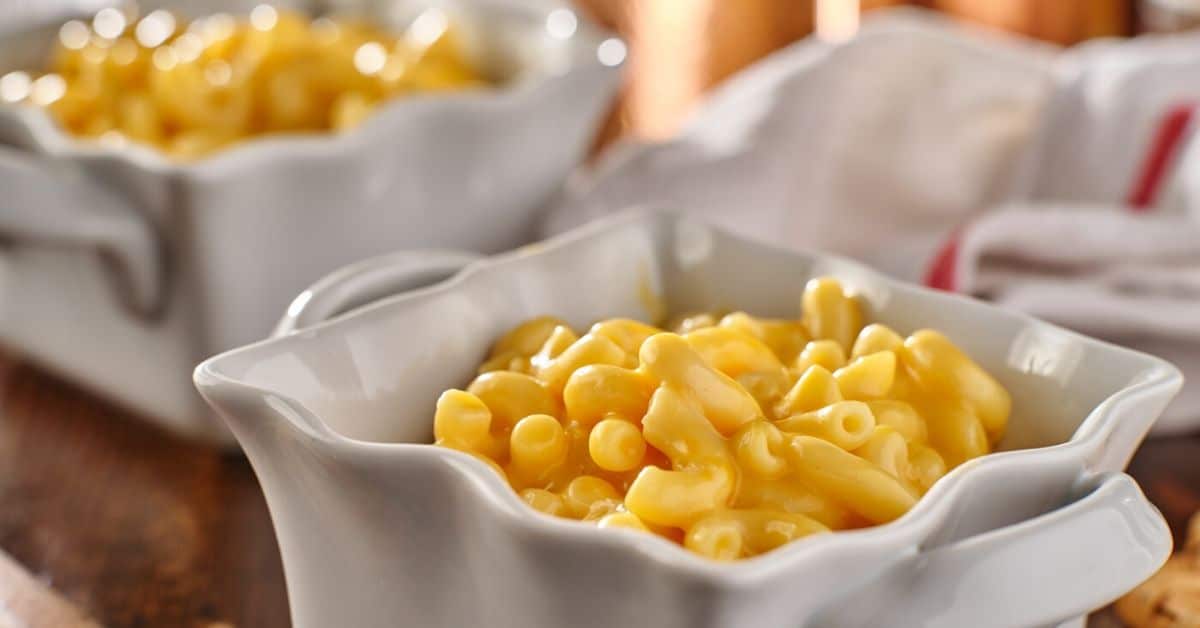Quick summary: Yes, brie can go bad. It’s a soft cheese, and its ripening process never stops.
Brie is truly a light and fine delicacy, even for those who are not big fans of moldy cheeses. Brie has a very mild taste and creamy soft texture and is not strong in taste or smell like some other types of cheese. It will be a great addition to a wine party or as a main course in some cheese dishes.
But how long can this cheese last in the refrigerator? Do you have to eat it as soon as possible, or can you enjoy it in small amounts? We bring you everything you need to know about perishability and how to store this dairy treat.
How Long Does Brie Last?
Needless to say, the brie must be stored in the refrigerator. You can take it out a little before serving to even the temperature, but keeping it in room condition is not an option. With proper storage, these are the deadlines you can count on when it comes to brie’s lifespan.
Unopened brie
When it comes to brie, more or less what is written on the label is the shelf life you can count on. The cheese will probably be good for a week or so beyond the expiration date, but certainly not too long. It may not go bad right away, but since brie never stops its ripening process, it’s likely that the flavor will become too ripe for you to enjoy.
Opened brie
Unlike many other food products, it is not so important whether it is opened or not for brie. It will last just as long. Provided, of course, that you do not leave it unprotected or at room temperature.
Can Brie Go Bad?
Brie is bound to go bad over time, just like other dairy products. But how to recognize that spoilage has occurred on cheese that already has mold on it? Here are the main signs.
Sign 1: A new mold appeared
The naturally occurring mold on the brie is good and is white in color. If you notice any different organic formations or dark or green dots, this is a sign that the cheese is no longer good.
Sign 2: Foul smell or taste
As we have already said, brie has a light smell and taste. Any deviation, sour smells, or pungent taste are sure signs that the expiration date has passed.
Sign 3: Changes in texture
It might not necessarily mean it’s not safe to eat, but dried-out brie won’t be a feast for your taste buds. This can easily happen if you wrap it badly and it dries out in the fridge. Changes in texture, such as lumps, can be a sign of spoilage.
Which is the Best Way to Store Brie?
Without exception, you have to store brie in the refrigerator, which goes without saying since it is a soft cheese. But here are some more tips on preserving it better after opening.
Wrap it well
It is very important to wrap the brie well after use before storing it in the refrigerator. It can certainly be in the original packaging in which it was purchased, but make sure that there are no air holes that could dry out the cheese. You’ll have to throw away dried-up brie because it won’t be pleasant to eat, so it’s worth making a little effort.
Maintain cheese hygiene
This means that you should always cut the cheese with a clean knife so that other food substances do not remain on it. Dairy products are always a good base for developing bacteria and mold, so if other food gets on your brie, you could have a mold forest on it in no time.
FAQs
Brie will probably be good for a few more days after it expires. In the next couple of weeks, it shouldn’t spoil to the point where it’s not safe to eat, but it might taste too ripe.
If you notice a different mold than the one that naturally exists on the brie, for example, dark spots, this is a sign of spoilage. Also, a strong and repulsive smell and an awful taste are sure indicators that the product is bad.
Bad brie can give you severe food poisoning, and it is not recommended to take the risk. If you are not sure if the brie is correct or not, rather throw it away.
Brie is a perfect delicacy, even for those who are not big fans of aromatic cheeses. Despite the presence of mold, it has a mild taste and smell, which makes it a perfect addition to dishes.
But spoiled brie can cause serious health problems, so it is very important to take care of proper storage and to notice possible signs of spoilage in time.
This might also interest you: Does Blue Cheese Go Bad?
*image by repinanatoly/depositphotos









